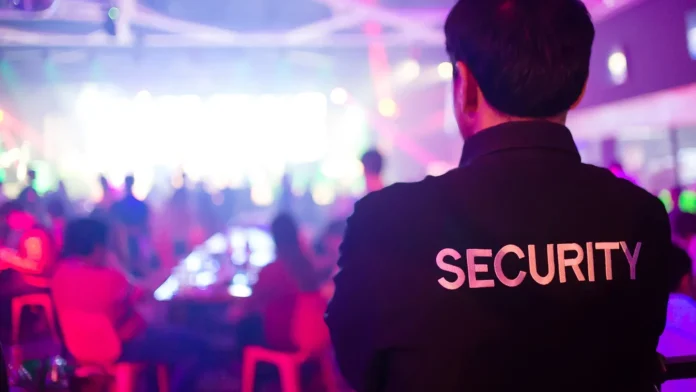
Without efficient security personnel, one cannot expect an event to go as planned. We all need to appreciate that the event security professionals are the unsung heroes without whom no one would feel safe enough to attend a gathering. Their tireless efforts to secure the whole venue are praiseworthy, be it a large concert or even a small family gathering.
The event security personnel are skilled and have been extensively trained. They know precisely how to deal with emergencies and problems that arise during occasions and see the crowd’s dynamics. They are also trained to have a keen eye for detail so they do not miss out on solving minor problems that might eventually result in a significant chaotic situation.
Behind the Scenes of an Event: How the Event Security Works
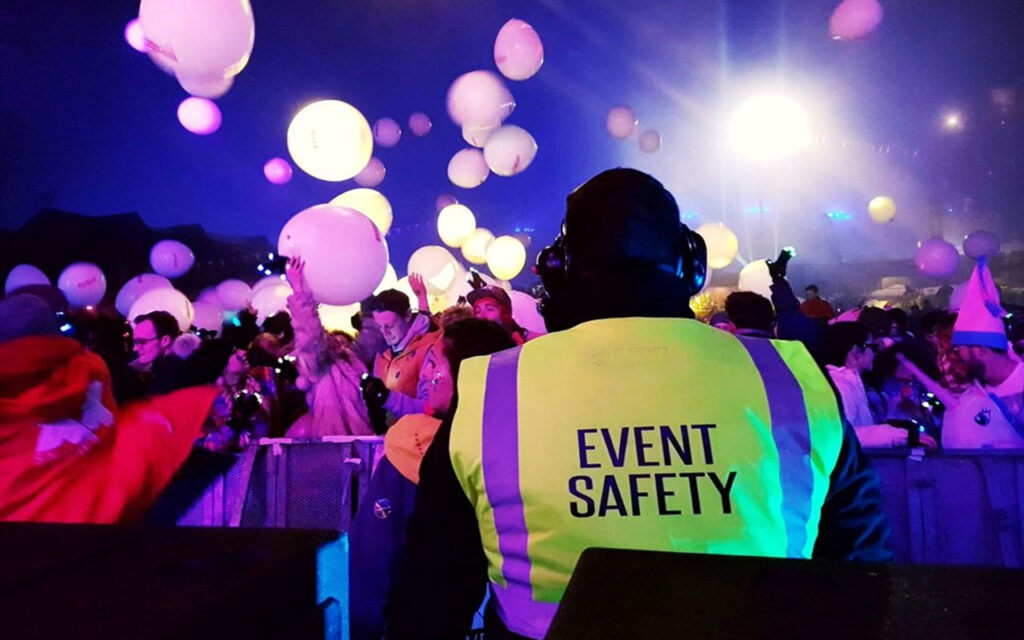
The work of any security professional should not be taken lightly at any cost. The event is complete with them, and it is no lie that event security should be one of the biggest priorities for any host or event manager. The guests are there to enjoy the occasion and have an excellent time. If they face any issues or feel unsafe at the arena, the reputation of both the host and the venue is hampered.
What Does the Security Team Do before the Event Day?
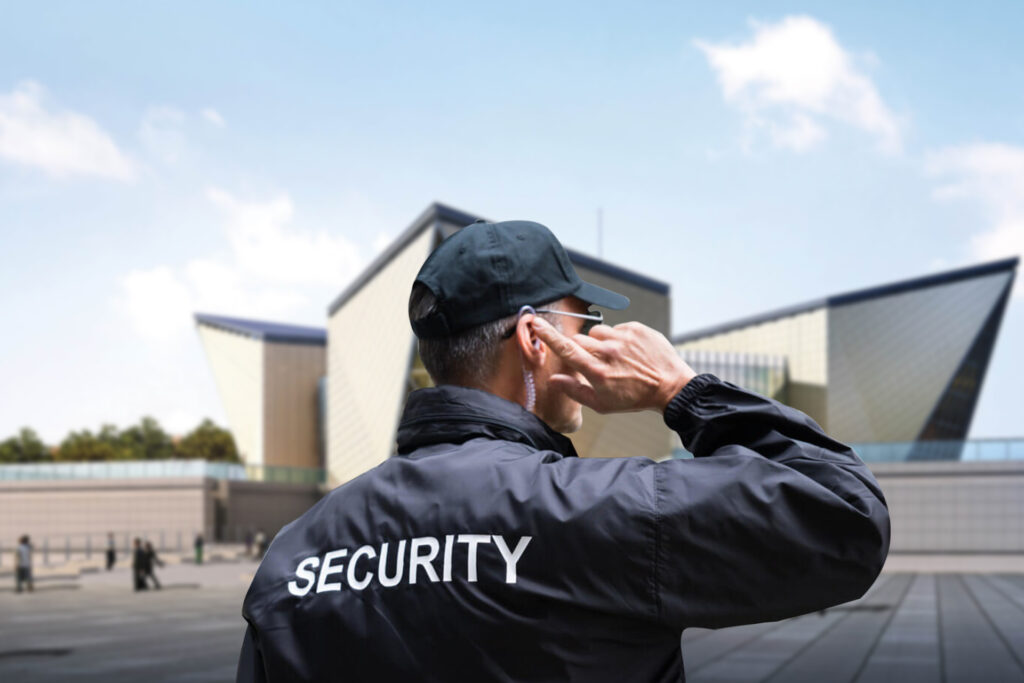
When someone assigns event security professionals to take care of their occasion, they take full responsibility for conducting the security protocol. From setting the surveillance cameras, deciding where different bouncers will be posted, and getting the communication methods properly working, all of this is in the hands of the security team.
They work closely with event organizers, local law enforcement agencies, and other stakeholders to develop a comprehensive security plan. This plan outlines the potential risks and threats that may arise during the gathering, and it outlines the steps that will be taken to mitigate those risks.
The team thoroughly assesses the whole security plan and the venue to find any spots that might threaten the guests, and the surrounding areas are scrutinized. The entire layout of the platform is looked into. Any potential dangers are removed as much as possible. The security plan is created according to the requirements of the situation.
Every little factor matters to the team, from the size of the arena, the stage, the number of people attending, and whether there is a bar. The bigger the event, the greater the probability of risks. The security team creates the rules and regulations accordingly.
What Does the Security Team Do during the Event Be On?
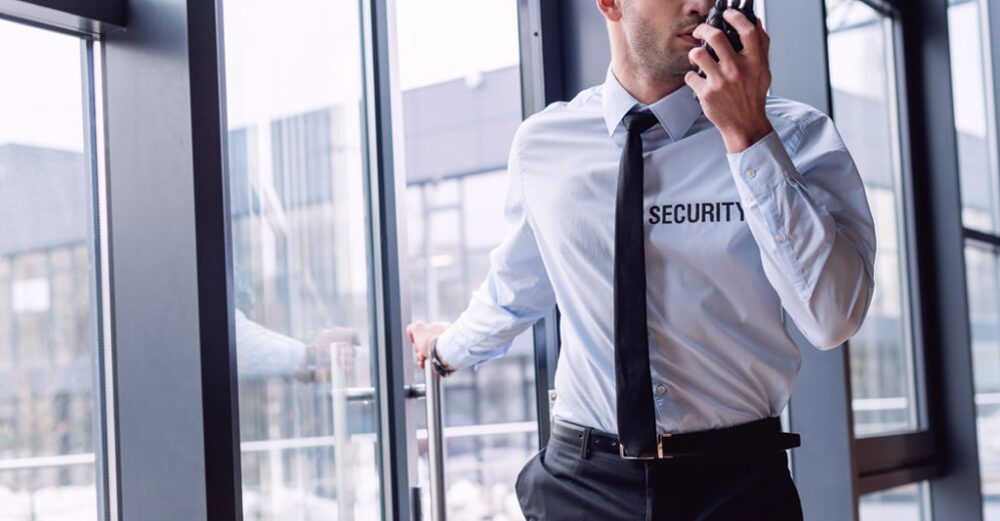
After countless hours of planning and chalking out the rules and regulations to be followed during the gathering, the whole crew arrived several hours earlier than the guest at the venue on a particular day. They do another last check of the whole place, the cameras. There is also a staff check to see if all of them are employees of the team and not some outside person. Everything should be in order, and if any issues remain, they should be addressed immediately. They also have an emergency plan in hand.
The security staff is in charge of controlling the entrance to the venue after the gates open. They scan people for forbidden items, including guns, drugs, and alcohol, and check their tickets and bags. This is a crucial task since it helps stop harmful or unlawful materials from entering the location and potentially harming visitors. The team also manages the flow and sees no jostle, so no one gets physically hurt.
Throughout the event, the team works tirelessly. They are always there to help anyone who needs it. There is also medical staff present for emergencies. They keep a keen eye on the whole crowd and even are responsible for carrying people to safety if something arises. If someone misbehaves, which is very common in big concerts, the bouncers are trained to take that person away from the place.
Managing large crowds is one of the most complex parts of the job. Professionals in charge of event security must be able to accurately scan the audience’s mood and modify their strategy accordingly. For instance, security may need a more assertive approach if the audience appears restless or agitated to maintain order. On the other hand, if the crowd is composed and at ease, security may use a more understated strategy to prevent escalating the tension.
What Does the Security Team Do after the Event Is Over?
People lose their belonging in huge crowds, concerts, and even small parties. When the gathering is finally over, the security takes one last sweep across the venue to see if something is left unattended. They keep the belongings they can find so that if someone comes back in search of it, they can get them back.
If any harmful or prohibited items are confiscated during the concert, those things are disposed of carefully. They also debrief with event organizers and other stakeholders to discuss what worked well and what could be improved for future occasions.
Professionals in event security may occasionally be asked to testify in court cases involving the concert. Security experts might be asked to testify about the safety procedures and actions taken to prevent the injury, for instance, if someone is hurt at the venue and files a lawsuit.
Why Is Efficient Event Security So Very Crucial?
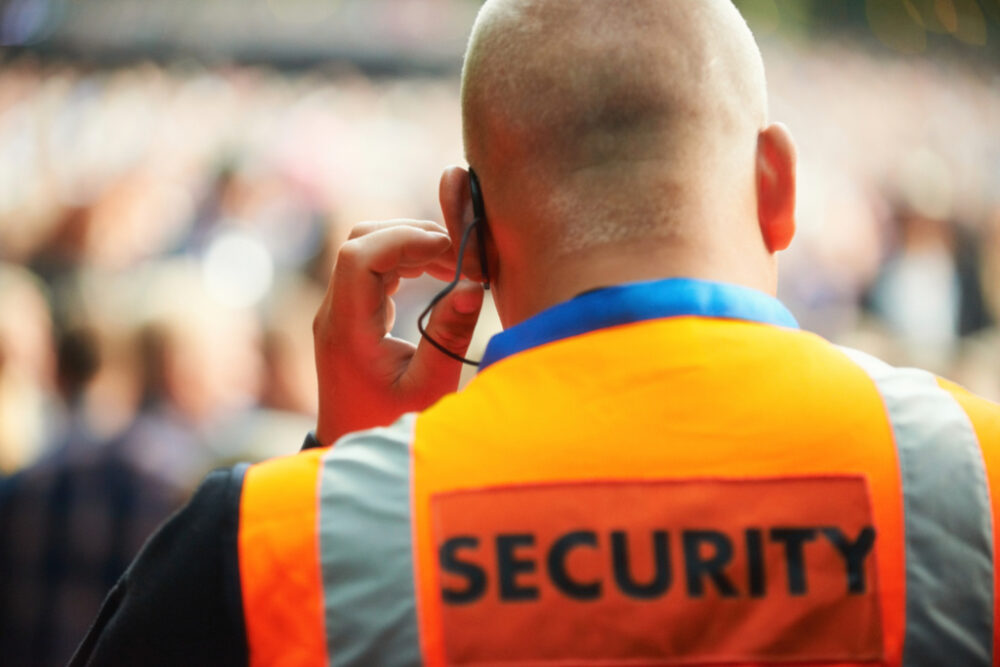
Crime, theft, violence, and terrorism don’t have a fixed place or time. Hence, event security becomes essential at any gathering to ensure that everyone there feels safe and at ease so they can enjoy the event. No visitor should even remotely feel unsafe or that they might encounter danger while at the venue.
During high-profile events and gatherings, there is a marked rise in the likelihood of danger and risk factors. Criminals frequently target these occasions, endangering everyone’s safety. Reasonable event security measures can aid incident avoidance and promptly resolve problems.
Conclusion
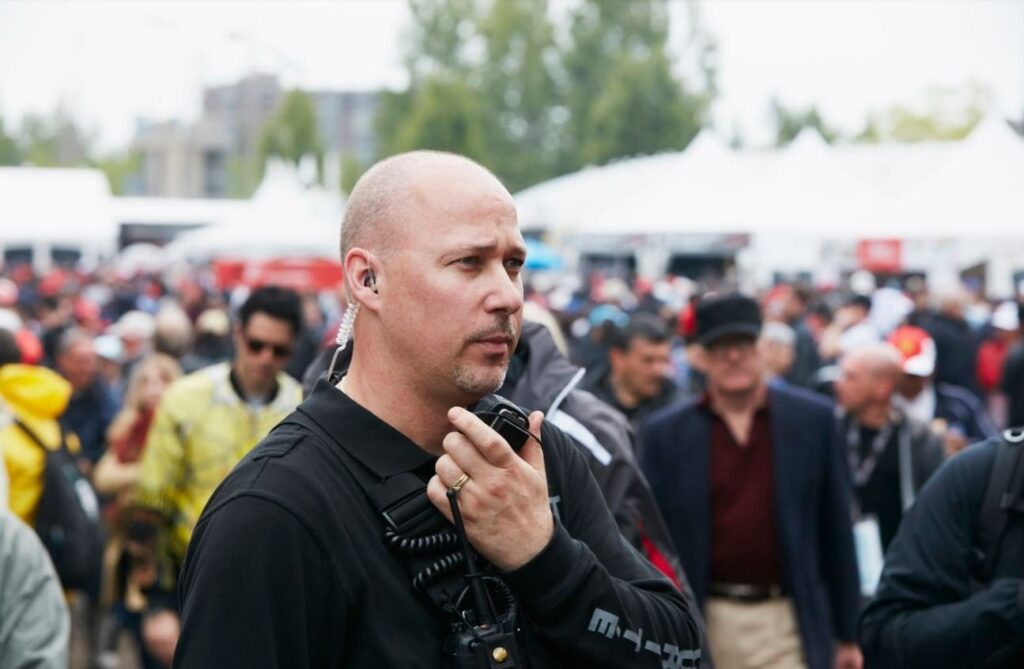
Last but not least, event security is an essential part of event planning. Event organizers are responsible for safeguarding the attendees’ safety and well-being and the reputation of their event and location.
By implementing robust security measures and thorough risk assessments, event planners may create a safe and secure environment that enables guests to take full advantage of the event.
A crisis management strategy can help event organizers respond quickly and effectively to potential issues. Reasonable event security measures can enhance visitor satisfaction and ensure the event’s long-term success.








